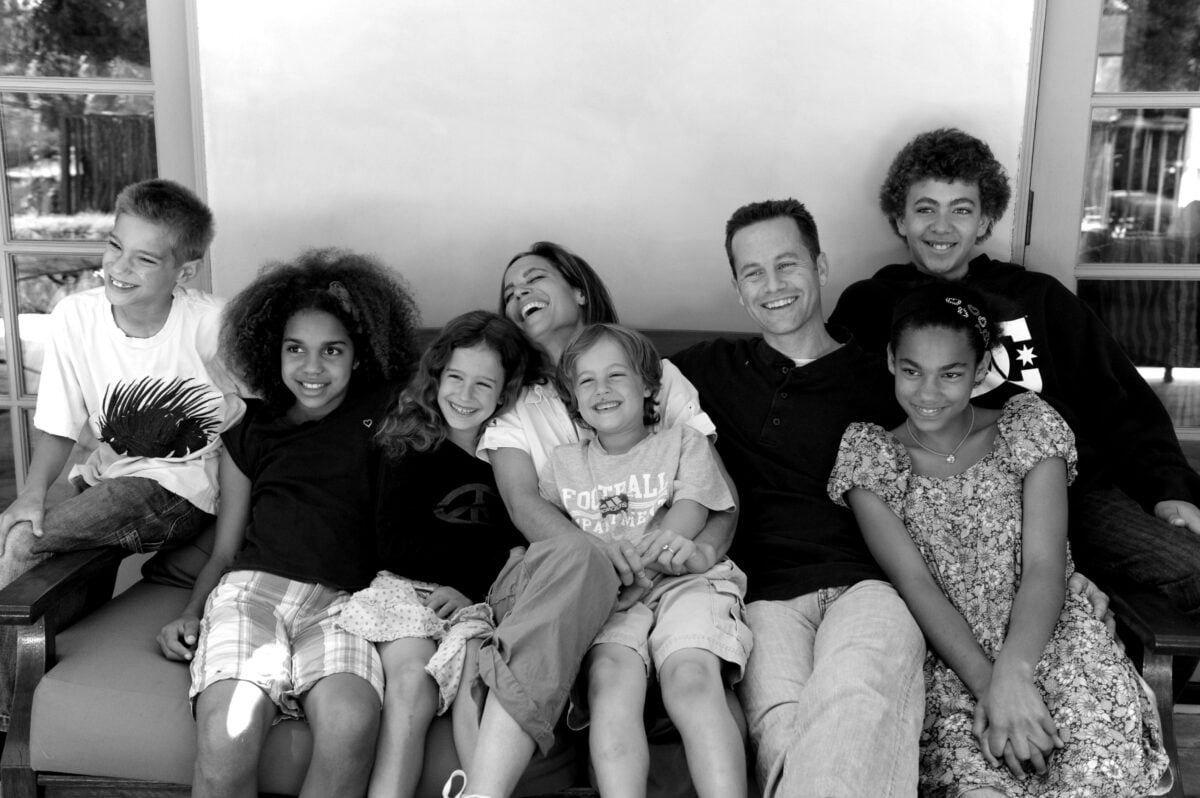How pregnancy centers help women find post-abortive healing
When Erin* walked into Women’s Choice Clinic in Bettendorf, IA this December, she was experiencing daily panic attacks.
She had also just discovered she was pregnant. The staff at the clinic could tell she was stressed and downcast and not sure what to do about her recent pregnancy news.
Jane**, the client advocate at Women’s Choice, sat down with her to talk. Erin shared that she’d had an abortion four months earlier and was not prepared for how traumatic it would be.
“I’ve been living with regret ever since,” she said.
Her panic attacks had increased, causing her to lose her job.
“We gave her an ultrasound which showed a beautiful 6-week baby with a beating heart,” Jane said. “Erin was elated to see her living baby but was having trouble finding the joy as she remembered the baby she recently lost.”
Jane knew they needed to get Erin help. Women’s Choice has a psychiatrist on staff who provides free counseling for clients. Even during COVID-19, she was available for phone counseling appointments.
“We were able to provide Erin with this service immediately. We scheduled an appointment for her so she could get started the next day,” Jane said. “Since then, Erin has met with our counselor several times. She is slowly coming to a place of healing for her past choices and embracing the new life God has given her.”
Post-Abortive Help and Healing
For many women with abortion in their past, it can be a difficult subject to talk about. Some women also experience significant mental health problems after an abortion.
A comprehensive analysis of 22 studies by Professor Priscilla Coleman, PhD, published in The British Journal of Psychiatry, found “women who had undergone an abortion experienced an 81 percent increased risk of mental health problems. Nearly 10 percent of the incidence of mental health problems were attributable to abortion.”
She also found that women with a history of abortion have a 34 percent higher rates of anxiety and 37 percent higher rates of depression. The study also found higher rates of alcohol use/misuse (110%) and suicidal behavior (155%), compared to those who have not had an abortion.
The Church & Abortion
In 2015, Care Net, a national organization that provides resources and trainings for pregnancy resource centers (PRCs), released a study on abortion and the church with LifeWay Research. Among American women who had an abortion and currently attended a Christian church once a month or more, 52 percent said no one knew they had terminated a pregnancy.
The Care Net study also found that only 5 percent of women were referred to a local PRC by their church.
Yet almost all pregnancy centers have post-abortive resources, groups and counseling.
How Can I Help?
Your church can help improve this number and connect women to help, by connecting with your local pregnancy resource center. PRCs can help pastors find the language and tools to start talking about unplanned pregnancy, abortion, and post-abortive healing.
“Many women come to us with abortion in their history,” Jane said. “We never know where a client is at in their healing journey. But we let every client know that help is available when she is ready to receive it. It could be a month from now, or two years later when she is experiencing a new pregnancy. We are ready to walk beside post-abortive women as they continue the journey towards healing and forgiveness.”
Other Post-Abortive Resources:
Forgiven and Set Free: A Post-Abortion Bible Study for Women by Linda Cochrane
Surrendering the Secret: Healing the Heartbreak of Abortion by Pat Layton
Her Choice to Heal: Finding Spiritual and Emotional Peace after Abortion by Sydna Masse
Healing a Father’s Heart: A Post Abortion Bible Study for Men by Linda Cochrane and Kathy Jones
Abortion Anonymous is an online resource for individuals to access studies, groups, or online videos and classes to work through their healing journey from the comfort of their own home.
Read more post-abortive stories of healing.
Watch Nicole’s story. She went from post-abortive grief to hope and healing and she now counsels other post-abortive women and connects them with resources to get them the help they need.
*Name changed to protect the client
**Name changed to protect the staff at Women’s Choice













